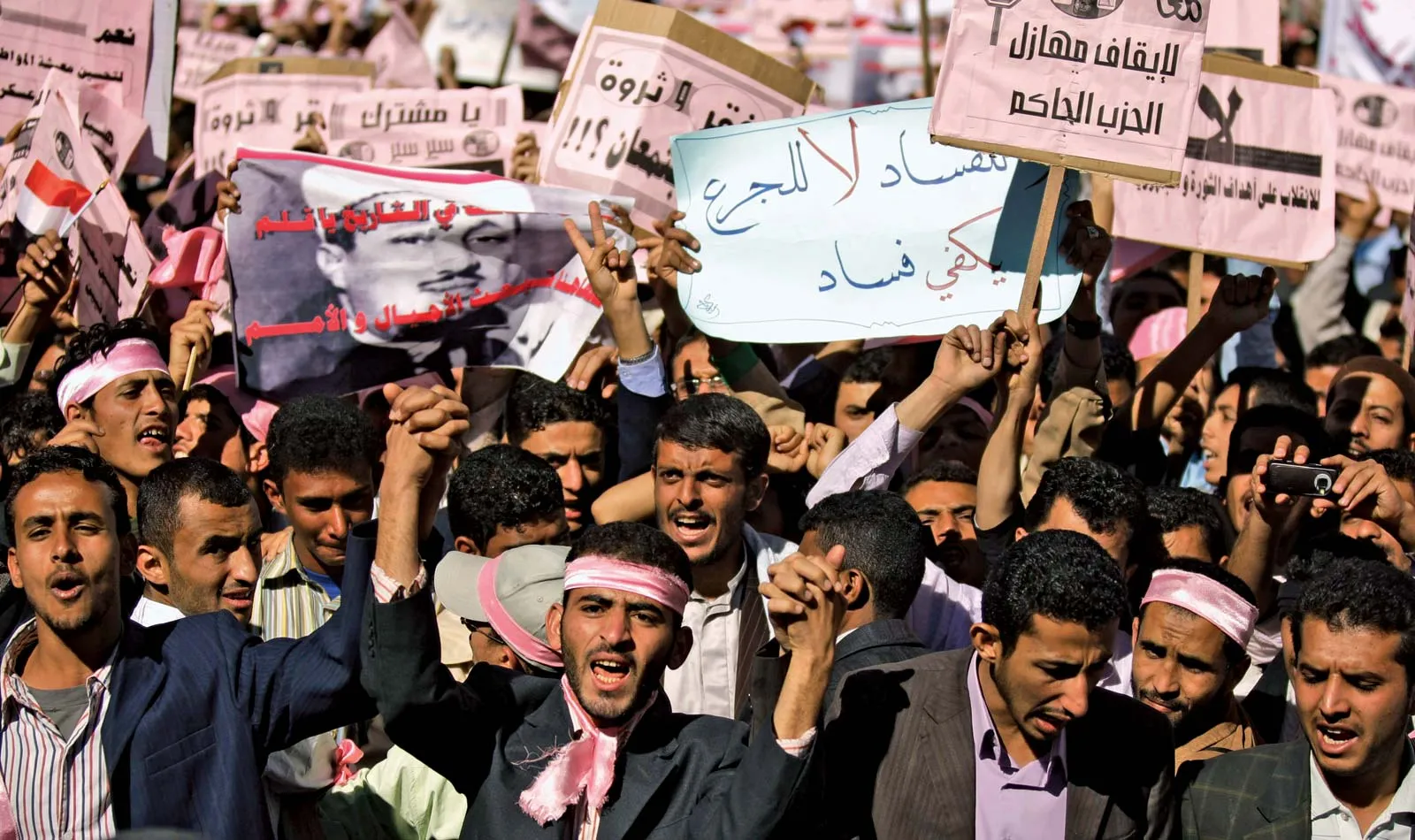Tunisian President Kais Saied is poised to secure reelection on Sunday, five years after he first came to power by tapping into widespread anti-establishment sentiments.
This time around, with many of his main rivals either imprisoned or excluded from the ballot, he faces little opposition in his bid for another term.
The country,is gearing up for its presidential election on October 6, marking the third such vote since the protests that led to the ousting of President Zine El Abidine Ben Ali in 2011. His removal was a significant moment in the Arab Spring, which also saw leaders in Egypt, Libya, and Yemen toppled.
Also Read:Upcoming Government Elections Demand Fairness and Peace
While international observers have previously commended Tunisia’s elections for adhering to democratic standards, this year’s election is under scrutiny. A series of arrests and controversial actions by an election authority appointed by President Kais Saied have raised concerns about the fairness of the process. In light of these developments, opposition parties are urging their supporters to boycott the election.
Also Read:Senegal President Dissolves Parliament, Calls for Elections
Not too long ago, Tunisia was hailed as the standout success of the Arab Spring. While other countries in the region were grappling with coups, counter-revolutions, and civil wars, Tunisia managed to establish a new democratic constitution. Its prominent civil society groups even received the Nobel Peace Prize for their efforts in fostering political dialogue and compromise.
Against that backdrop, Kais Saied, a political outsider at the age of 61, secured his first term in 2019. He made it to the runoff by pledging to create a “New Tunisia” and to empower young people and local governments.
This year’s election will provide insight into how Tunisians feel about the direction their democracy has taken since Kais Saied assumed office.
While Saied’s supporters seem to remain committed to him and his vision for transforming the country, he is not tied to any political party, leaving uncertainty about the true depth of his support among the population.
This election is particularly significant as it marks the first presidential race since Saied dramatically altered Tunisia’s political landscape in July 2021. During that time, he declared a state of emergency, dismissed his prime minister, suspended parliament, and rewrote the constitution to strengthen his own authority.
Additional Source: AP



Greetings from California! I’m bored to death at work so I decided to browse your website on my iphone during lunch break. I really like the information you provide here and can’t wait to take a look when I get home. I’m surprised at how quick your blog loaded on my phone .. I’m not even using WIFI, just 3G .. Anyways, amazing site!